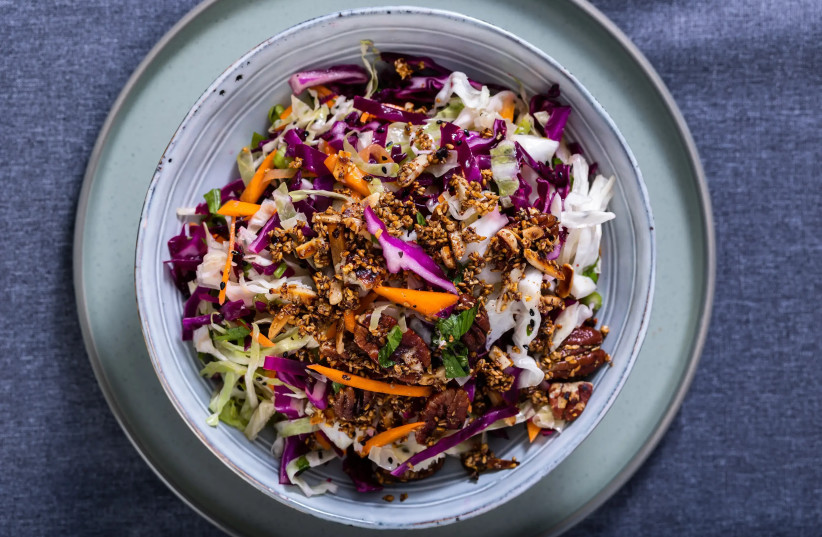In the quest for optimal health, the concept of hormesis has gained significant attention in recent years.
Hormesis refers to the positive effects that arise from exposure to low levels of stress or substances that could be harmful at higher doses. These controlled stressors lead to improved adaptability, resilience, and overall wellbeing.
Hormesis encompasses various practices like exercise, dietary restrictions, exposure to cold and heat, intermittent fasting, and incorporating certain chemicals found in specific foods and plants.
What are the health benefits of hormesis?
- Boosting cellular resistance: Mild stressors activate protein pathways and defense mechanisms against oxidation, fortifying cells against future damage. This process contributes to a reduced risk of chronic diseases such as heart disease, neurodegenerative disorders, and cancer.
- Enhancing metabolic health: Hormesis positively impacts metabolic pathways, including blood sugar control, insulin sensitivity, and mitochondrial function responsible for energy production. By challenging our metabolic systems through controlled stressors like intermittent fasting and exercise, we can improve energy efficiency and decrease the risk of metabolic diseases.
- Strengthening the immune system: Hormetic stressors activate the immune system, enhancing its response against infections and cancer cells. Moderate physical activity, exposure to cold, and consumption of plant-based polyphenols found in vibrant vegetables like beets, red cabbage, and carrots positively influence immune function.
- Safeguarding the nervous system: Hormesis improves brain health, safeguards against age-related cognitive decline, and neurodegenerative diseases. Engaging in brain challenges, maintaining physical activity, and incorporating nutrients like omega-3 fatty acids and turmeric are associated with enhanced cognitive abilities and mood balance.

How can we activate the hormesis process and improve our health?
1. Physical activity: Regular aerobic and resistance training triggers hormetic responses. Begin with moderate intensity exercises and gradually increase intensity to prevent injuries and overtraining.
2. Intermittent fasting: Restricting your eating window, such as a 16:8 fast where you eat within an eight-hour time frame, or occasionally engaging in longer fasts, can enhance cellular resilience and metabolic flexibility. Consult a doctor before commencing any fasting regimen.
3. Heat and cold exposure: Brief exposure to cold showers, ice baths, or saunas activates heat shock proteins, improves blood circulation, and boosts overall resistance. Start with short exposures and gradually increase duration and intensity.
4. Phytochemical-rich foods: Diversify your diet with colorful vegetables, fruits, herbs, spices, and teas. These plant-based foods contain phytochemicals that harness hormetic effects within the body.
Dr. Dalit Dreman-Medina, an expert in family medicine, integrative, and functional medicine, highlights the power of hormesis in optimizing health and well-being.
